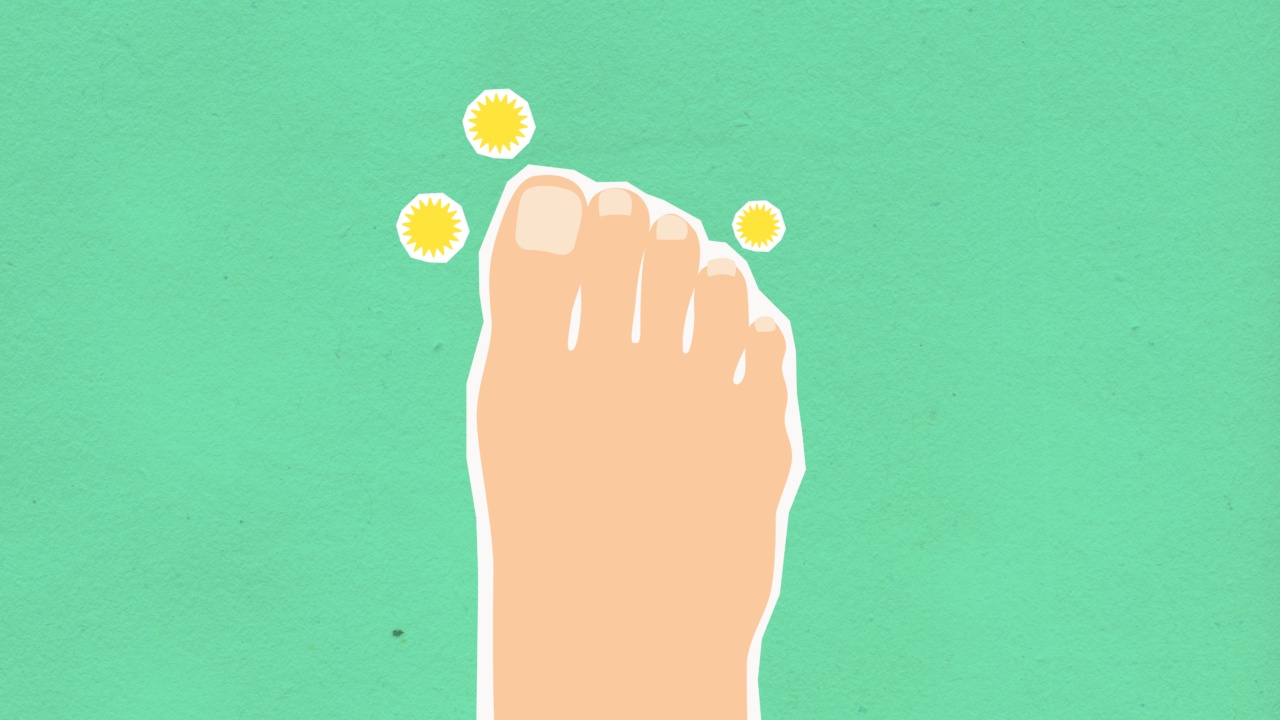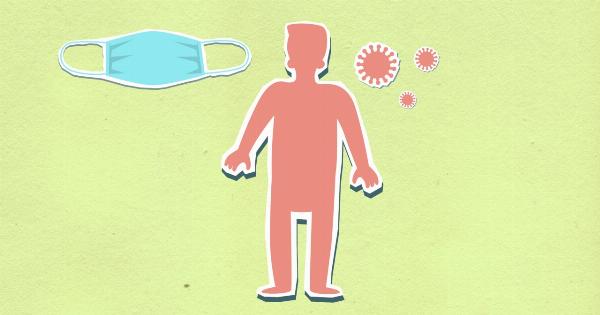Dandruff is a common condition that affects millions of people worldwide. It is characterized by the presence of white or yellow flakes on the scalp and hair. While dandruff is not a serious condition, it can be frustrating and embarrassing.
There are many causes of dandruff, and one of the most common is a fungal infection.
Understanding Fungal Infections
Fungal infections are caused by a type of fungus called dermatophytes. These fungi thrive in warm, moist environments and can infect the skin, nails, and hair.
There are many different types of fungal infections, but the most common is tinea capitis, which affects the scalp and hair.
The Link Between Fungal Infections and Dandruff
When the scalp is infected with a fungus, it can cause inflammation, itching, and flaking. The flakes are often mistaken for dandruff, but they are actually dead skin cells that have been attacked by the fungus.
Over time, the flakes can become more noticeable and lead to dandruff.
Symptoms of Fungal Infections
If you suspect that you have a fungal infection on your scalp, there are several symptoms to look out for. These include:.
- Redness and swelling on the scalp
- Itching and burning
- Flaking and scaling
- Blisters or sores on the scalp
- Hair loss or thinning
Treating Fungal Infections and Dandruff
If you suspect that you have a fungal infection, it is important to seek treatment from a dermatologist. They can prescribe a topical antifungal medication that can help to clear up the infection and reduce inflammation and flaking.
It is also important to maintain good scalp hygiene to prevent further infections. This can include washing the hair regularly with a gentle shampoo and avoiding harsh chemical treatments or hair products.
If you have dandruff, there are several over-the-counter treatments that can help. These include medicated shampoos that contain ingredients like salicylic acid, coal tar, or ketoconazole.
These ingredients can help to reduce inflammation and flaking and prevent the growth of fungi on the scalp.
Preventing Fungal Infections and Dandruff
There are several steps you can take to prevent fungal infections and dandruff from occurring. These include:.
- Washing your hair regularly with a gentle shampoo
- Avoiding harsh chemical treatments and hair products
- Avoiding sharing brushes, combs, hats, or other hair accessories
- Maintaining good scalp hygiene
- Eating a healthy, balanced diet that is rich in vitamins and minerals
When to See a Dermatologist
If you have severe or persistent dandruff, it is important to see a dermatologist for an evaluation. They can help to diagnose the underlying cause of your dandruff and provide treatment options to help manage your symptoms.
Additionally, if you have a fungal infection, it is important to seek treatment promptly to prevent the infection from spreading and causing further damage to the scalp.
Conclusion
Fungal infections are a common cause of dandruff. If you suspect that you have a fungal infection on your scalp, it is important to seek treatment from a dermatologist.
With proper treatment and scalp hygiene, you can reduce your risk of fungal infections and dandruff and maintain healthy, beautiful hair.































